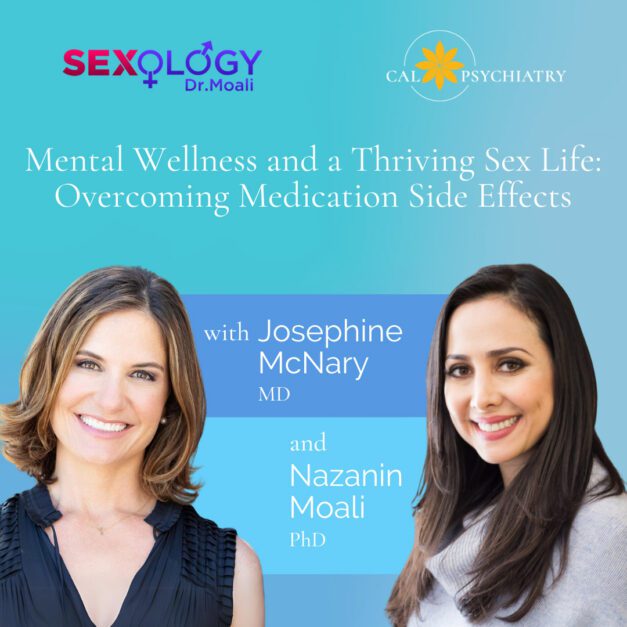Loneliness is on the rise in our communities, and it’s well-established that higher levels of loneliness can lead to worse physical and mental health. In her new book, economist Noreena Hertz describes how we can combat the loneliness that could quite literally be killing us.
Even before COVID made “social distancing” a phrase we became familiar with, our world was becoming increasingly lonelier. Despite technology and the ease of travel, loneliness has continued to be on the rise. The American Psychiatric Society reported that a Cigna survey in 2018 saw 50% of 20,000 polled adults reported feeling lonely “some or all of the time”. Pinpointing exactly the cause of why loneliness is on the rise is difficult, but we do know that people who feel more lonely in their lives, have poorer mental health, worse sleep, and actually DIE earlier. You read that right. People expressing higher levels of loneliness were 30% more likely to die from all causes. This begs the question: what can we do to combat this loneliness epidemic?
In her book, economist Noreena Hertz lays out why loneliness is plaguing our societies in the first place. She cites a “long-emerging ‘Loneliness Economy’ that not only enables a contactless existence but then exploits those who feel alone” (https://www.vision.org/review-noreena-hertz-lonely-century-toward-new-normal-9202 ). If you think about it, we could easily go days or weeks without interacting with a single person—order all your groceries online, work from home, and communicate only by email. Our current society enables us to stay in our own comfortable cocoons, not needing to interact with people. Hertz adds that “inevitably, months of lockdowns, self-isolation, and social distancing have made this [loneliness] problem even worse.” In her book, The Lonely Century: Coming Together in a World That’s Pulling Apart, Hertz comments that no one thing is going to be “a quick fix for loneliness,” but trying to engage more in our communities is a good place to start. She suggests strategies like going out of our way to say “hi” to someone on our morning walk or frequenting the mom-and pop coffee shop instead of the mega-chains. Altogether, these things can make us feel more connected interpersonally.
If you find that you are struggling with feelings of loneliness more often and it is starting to affect your mental health, we at CalPsychiatry are here to help. Our physicians can complete a full assessment and help give you strategies on how to continue to combat loneliness and its sequelae. A key symptom of clinical depression can be loneliness for some people and our doctors can ascertain if loneliness is a symptom of something larger. Whether it’s medication, therapy, or more holistic strategies (such as learning mindfulness), our doctors are well-equipped to help you. Start feeling more connected today by booking a consultation with one of our doctors on our website.





